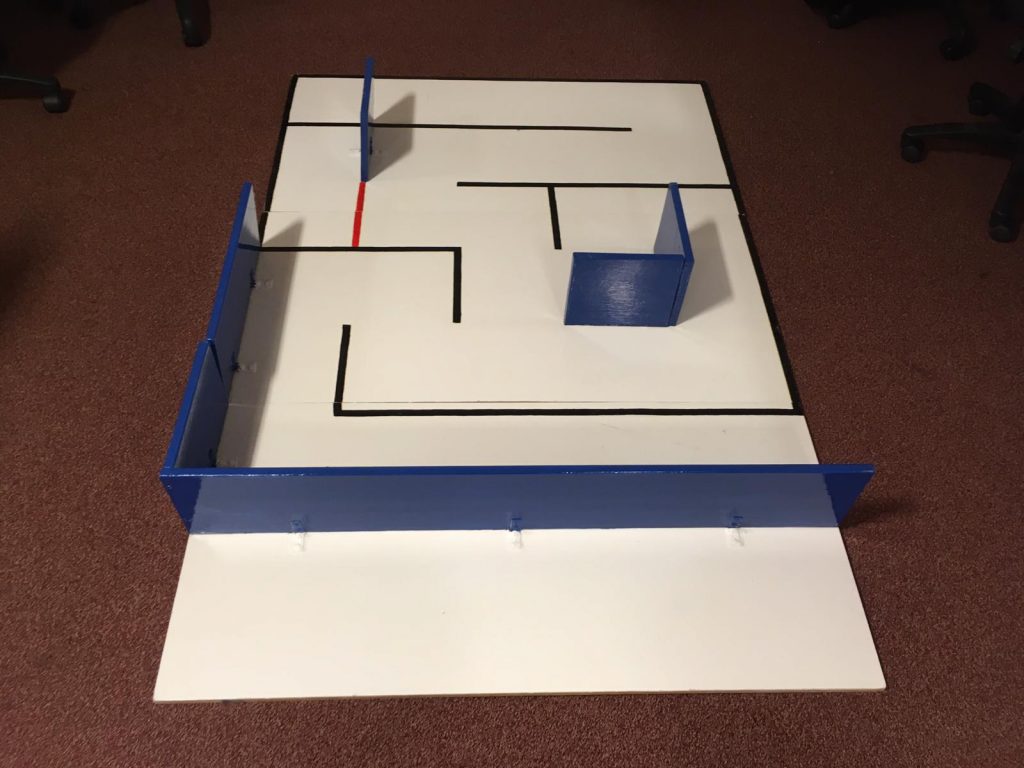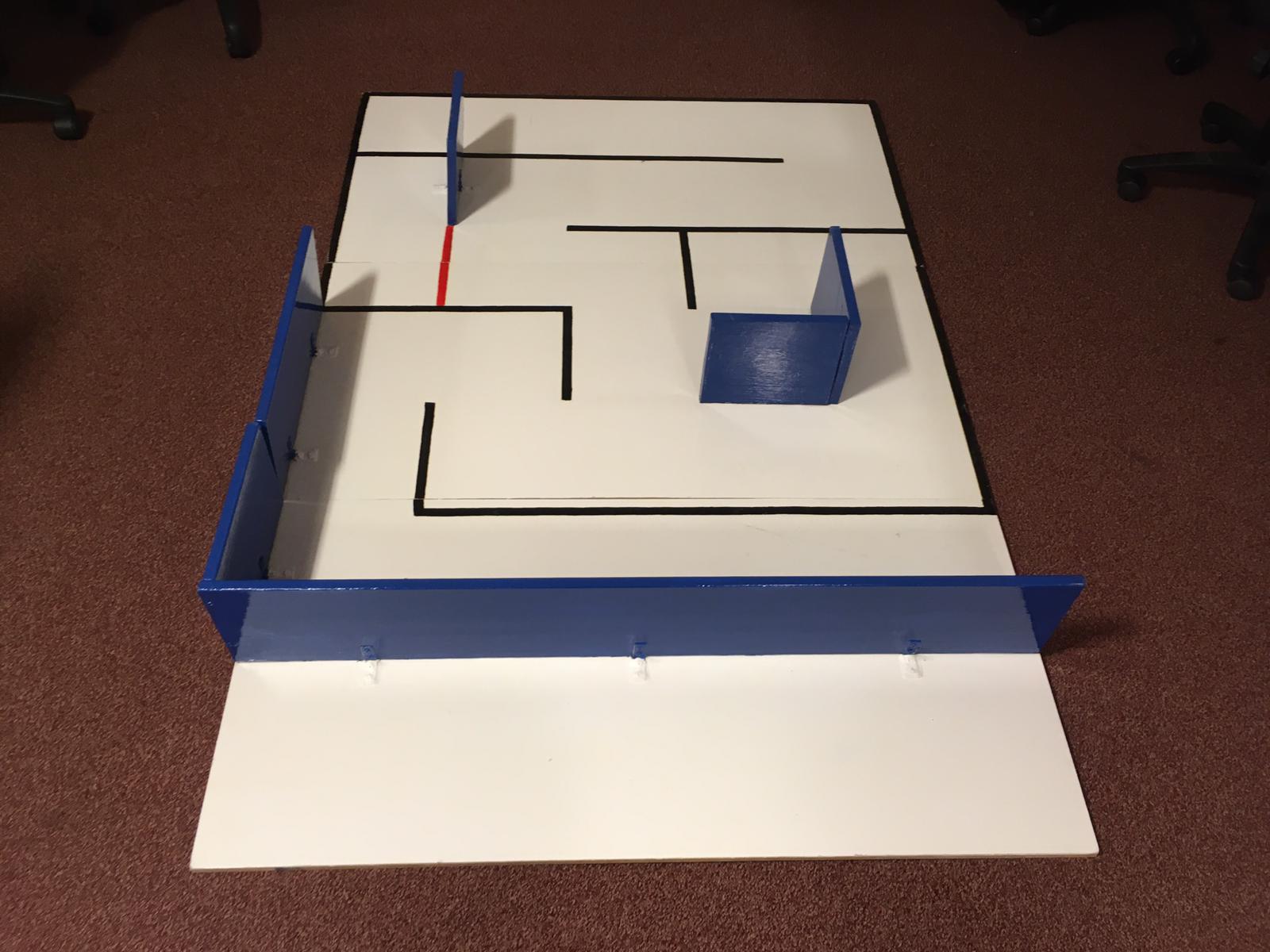
Pupils coding Lego robots on a visit to UoM
Tytus Murphy, currently a science trainee, describes a visit to the University of Manchester Science and Technology Challenge Day with pupils from his placement school.
On Friday 10th January, year 8-10 students from across the North West gathered in the Department of Computer Science at the University of Manchester (UoM), to participate in the regional robotics final. This fantastic program was delivered in collaboration by the educational organisation MCS and Computer Science PhD researchers as a challenging STEM activity for gifted and talented science students. The project provides students with insights into the fundamentals of programming through applied practice and the opportunity to learn more about the technical and philosophical challenges presented by the rapid emergence of sophisticated artificial intelligence (AI).
As a Science PGCE trainee, I was invited along by a supportive colleague from Marple Hall in Stockport, where I undertook my first school placement. Two of the school’s most able young scientists had previously won first prize at Greater Manchester challenge day – involving robotics, vehicle building, medical diagnostics and using E-fit software – to qualify for these North West Finals.
We took the train into Central Manchester and then made our way to the famous and bustling Oxford Road campus. Upon arrival, we meet with students from Staffordshire to Lancashire.
The day kicked off with a fascinating introduction into computer science at UoM, the UK’s longest established research centre into this exciting field. We learnt about the ‘Manchester Baby’, the world’s first ever electronic stored-program computer and how the basic principles involved still underpin the efficient functioning of modern computers.
The students were then issued with their robotics challenge! Using Lego Mindstorm EV3 kit (software that enables lego robot cars to be programmed!), the students were tasked with programming the infrared and light sensors on the lego robot car to avoid a series of obstacles on a track.

With some support from PhD researchers, the students rapidly took to the programming (leaving the teachers team in their dust!). Working collaboratively with another pair of regional finalists, they began to test code to move and orientate the lego robot car in different ways. It was very impressive to see how competently the students began to troubleshoot any issues with their code, and then test (and re-test!) the robots movements on the track.
As the day unfolded, students encountered new challenges presented by the tricky track such as blue walls and red lines. This required students to program different instructions and learn new coding skills, including the importance of ‘parallel loops’ that enable different instructions to be encoded at the same time. This allowed the robot cars to respond to the different stimuli encountered in specific ways e.g. ‘sensor detects blue wall’, ‘pause’, turn left’ and ‘move forward’.
Every single regional team managed to successfully navigate the track, bringing much joy and satisfaction to all of the participating students. Students were then required to reflect on the day and prepare a presentation on their experiences, including a discussion on the challenges presented by AI.
The presentations were eloquent, with students expressing their gratitude for the opportunity, the positive experience of working collaboratively and the programming skills they had learnt in applying themselves to the challenge. Perseverance emerged as an important attribute for many of the participating students.
The presentations also thoughtfully wrestled with the challenges posed by AI, including the risks posed by automation to jobs. Opportunities were also positively discussed, with AI set to revolutionise many medical procedures, such as the early identification of cancerous tissue.
Coming away from the day, I was left with a strong sense such opportunities are absolutely vital to immersing students in the practical and emerging challenges faced by society. As the generation of young minds coming through, they will be the ones to contribute to the next scientific breakthroughs and wrestle with the profound ethical considerations raised by these advances.
My main take home: the students are more than ready for the challenge.
Tytus Murphy




0 Comments